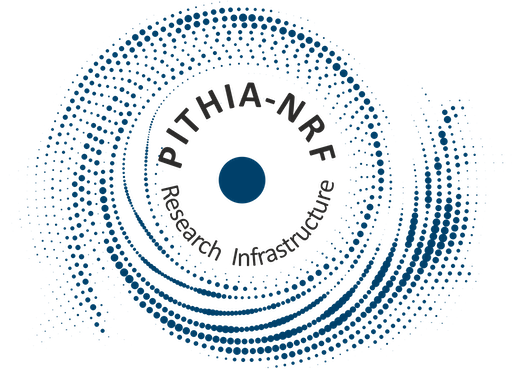<?xml version="1.0" encoding="UTF-8"?>
<CatalogueEntry xmlns="https://metadata.pithia.eu/schemas/2.2" xmlns:xsi="http://www.w3.org/2001/XMLSchema-instance" xmlns:xlink="http://www.w3.org/1999/xlink" xmlns:gml="http://www.opengis.net/gml/3.2" xmlns:om="http://www.opengis.net/om/2.0" xsi:schemaLocation="https://metadata.pithia.eu/schemas/2.2 https://metadata.pithia.eu/schemas/2.2/pithia.xsd" gml:id="ce1">
<identifier>
<PITHIA_Identifier>
<localID>CatalogueEntry_HF-INT_LSTID</localID>
<namespace>pithia</namespace>
<version>1</version>
<creationDate>2024-07-03T09:00:00Z</creationDate>
<lastModificationDate>2024-07-03T09:10:00Z</lastModificationDate>
</PITHIA_Identifier>
</identifier>
<entryName>HF-INT_LSTID</entryName>
<entryDescription>
This dataset is a Catalogue of LSTID events detected using the HF-Interferometry (HF-INT) method and revised by visual inspection by an expert.
HF-INT identifies LSTIDs from the monostatic measurements of a given network of HF sensors (Ionosondes). The method looks for coherent oscillation activity at different measuring sites withkn the network and sets bounds for the time intervals for which such activity occurs in a given region. HF-INT detects TID activity and provides TID Period, Amplitude, Velocity and Direction of propagation, and contribution of the TID to the total variability for a given time series.
HF-INT can only identify LSTIDs due to the geographical distribution of Digisonde sites within Europe, whose activity is mainly associated with auroral and geomagnetic activity, which are directly related to Space Weather.
The HF-INT method uses the Maximum Usable Frequency (MUF) for a distance of 3000 km obtained from 10 European Digisondes (Athens, Dourbes, Sopron, Fairford, Chilton, Pruhonice, Juliusruh, Rome, San Vito and Roquetes). It uses near real-time data from the GIRO DIDBase Fast Chars (http://giro.uml.edu/didbase/scaled.php).
Once an event is detected, an average of the main characteristics is calculated out for all stations and for the entire duration of the event.
The files contain the following information distributed in columns:
- Year
- Month
- Day
- Starting time
- Duration (hours)
- Period of the LSTID (minutes)
- Amplitude (MHz)
- Spectral Energy Contribution (%)
- Velocity (m/s)
- Azimuth (Degrees), measured clockwise from the true North
- Quality Indicator based on the data availability of the network (0 to 1).
The files cover the period from 2014 to the present.
</entryDescription>
<catalogueIdentifier xlink:href="https://metadata.pithia.eu/resources/2.2/catalogue/pithia/Catalogue_LSTID"/>
<phenomenonTime>
<gml:TimePeriod gml:id="tp1">
<gml:begin><gml:TimeInstant gml:id="b1"><gml:timePosition>2014-01-01T00:00:00Z</gml:timePosition></gml:TimeInstant></gml:begin>
<gml:end><gml:TimeInstant gml:id="e1"><gml:timePosition>2023-12-31T23:55:00Z</gml:timePosition></gml:TimeInstant></gml:end>
</gml:TimePeriod>
</phenomenonTime>
</CatalogueEntry>
